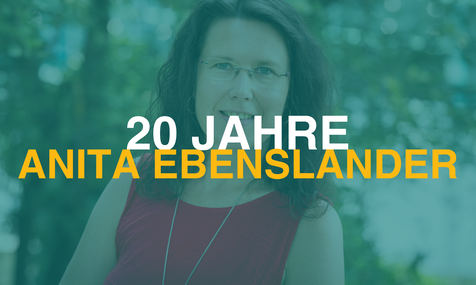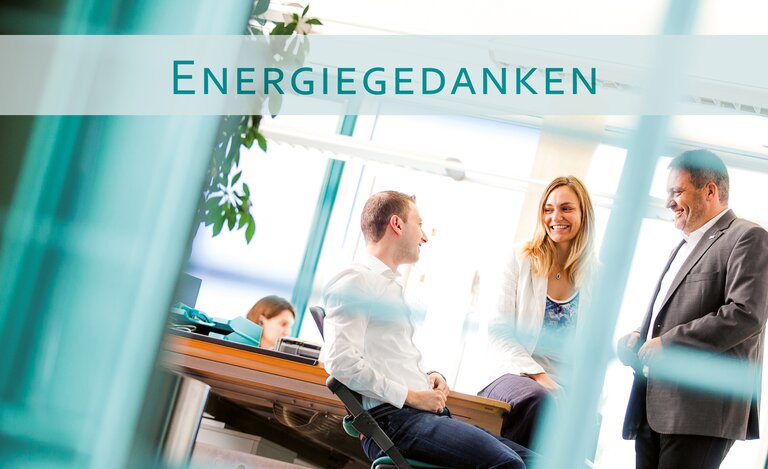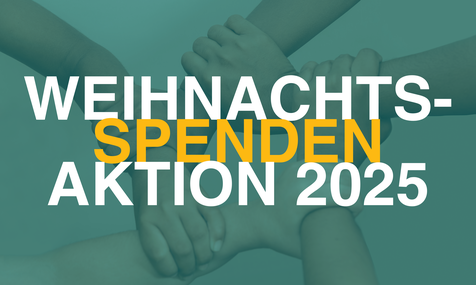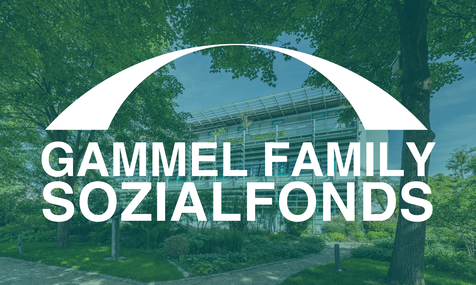AGFW election touchstones and political reality: hope dies last
The district heating working group, which now goes by the name of "Der Energieeffizienzverband für Wärme, Kälte und KWK e.V." (The Energy Efficiency Association for Heating, Cooling and CHP), is rightly demanding all of this from politicians and their parties shortly before the 2017 Bundestag elections. But anyone who takes the trouble to look at their election manifestos will find almost nothing on the topics of sector coupling or district heating.
The SPD mentions "combined heat and power" once in its 88-page paper. The Left Party probably deals with the topic most intensively, even using the abbreviation CHP in addition to the term combined heat and power. The CDU, SPD and Greens have the word "sector coupling" in their program. We found nothing at all in the CSU, Free Voters, Pirates, AfD and FDP.
The latter party has even turned its leader Christian Lindner into a kind of anti-regenerative club. Or how else can and should this be seen? The FDP had already written in this year's election program for North Rhine-Westphalia: "We want to repeal the so-called climate protection law." And at the very beginning of the FDP's theses for North Rhine-Westphalia, it even says that it wants to "implement a rational energy and climate policy instead of expensive ideology". Surely this means getting out of renewables and instead "strengthening technology-open energy research in NRW again" (quote), i.e. getting back into nuclear power?
Looks like they've all forgotten about energy and climate protection, apart from the minimal exceptions mentioned. Even the Bündnis90-Grünen (Alliance 90 Greens), who are notorious as the "eco-party", have dedicated just eight of 248 pages of their program to the section "We are switching to green energies": 3.2 percent. This is how high (or rather: how low) the worse of the election forecasts for this party are. Perhaps due to the lack of focus on the primeval green issue?
The governing parties CDU and CSU even boast that they have strengthened urban development in recent years. However, there is no mention of "integrated, sustainable, district heating supply", but that funds have made "an important contribution to quality of life". Whatever that means.
The SPD, which is part of the government, at least states that by urban development it means strengthening cohesion - but not energy supply.
Compared to today, the topic of energy took up much more space in the party manifestos before the last federal election. But what and to whom does it benefit if, for example - as happened in 2013 - an SPD demands almost the opposite before the election than it then implements as part of the coalition after the election? So the hope remains that this time the almost non-existent mention of energy issues in general and especially of combined heat and power and sector cogeneration in the election manifestos after possible coalition negotiations will take up much more space in government action than is currently the case. The AGFW probably also has this hope and has therefore backed up its election test stones with a lot of text. By the way, you can read them here: http://wahl2017.agfw.de/
quote: "The combined heat and power and district heating sectors make a significant contribution to climate protection in Germany with the operation of highly efficient CHP and heating networks. The CHP system stands for a secure, flexible and affordable energy supply. It is an important building block and guarantor for the success of the energy transition in the electricity and heating market." And: The seven points are "impulses and guidelines for the expansion, modernization and maintenance of combined heat and power and district heating for the next legislative period." As we all know, hope dies last.
(Author: Zukunftsenergie-Team Gammel)



